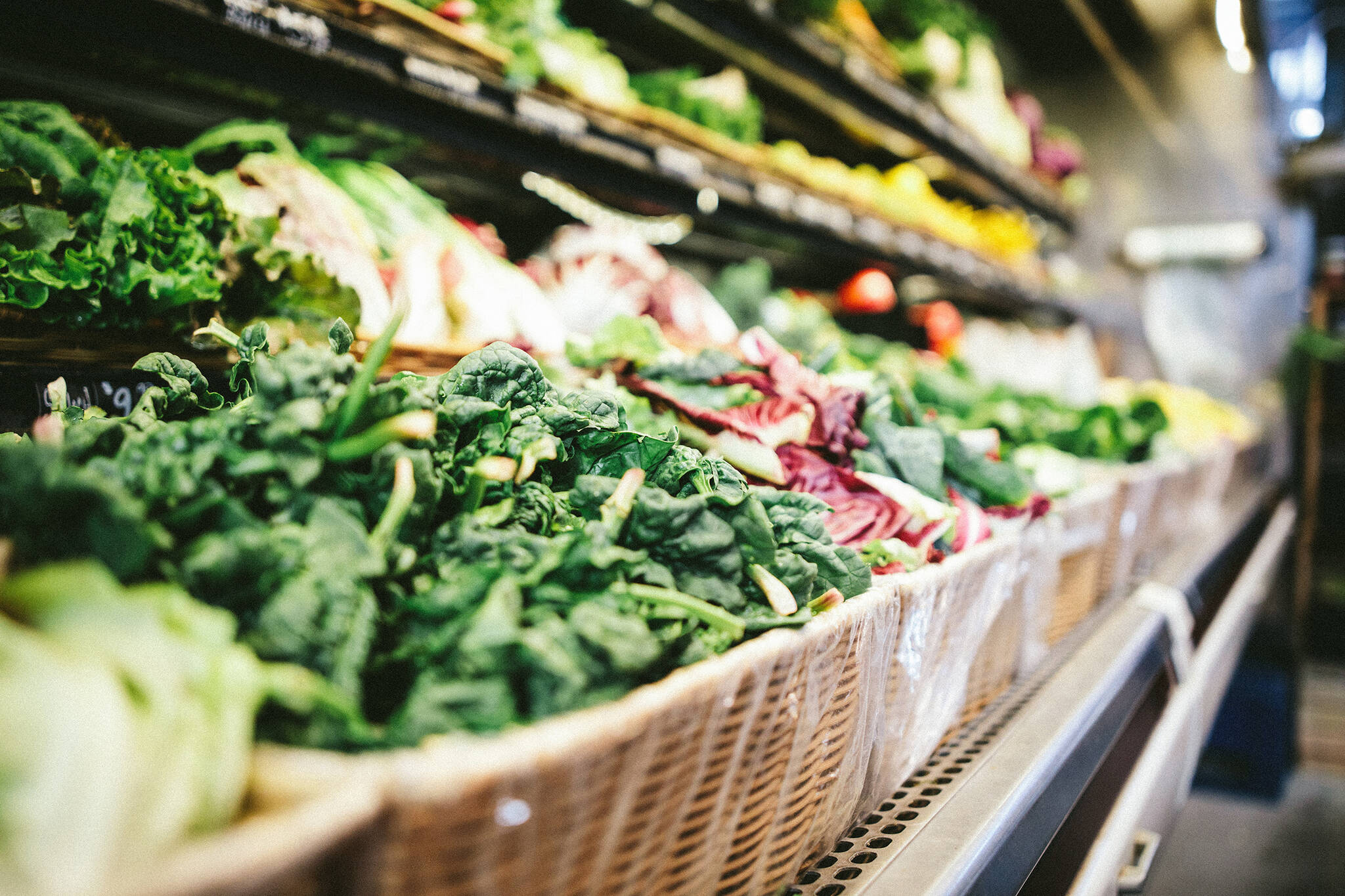The first draft of ballot questions exempting unprepared food from sales tax in exchange for an extra 1% sales tax on other items during summer months was presented Wednesday to Juneau Assembly members, who are now pondering alternatives to address concerns about the impact of non-tourism summer spending on residents and businesses.
Among the alternatives: an annual rebate on food purchases for those who apply, a year-round 5.5% sales tax on non-food items and increasing the mill rate to compensate for the food tax exemption.
The current ballot questions, if approved by the Assembly for the Oct. 4 municipal ballot, exempt food from sales tax only if voters also approve increasing the city’s 5% sales tax to 6% from April 1 through Sept. 30 starting in 2023. City Finance Director Jeff Rogers said the food tax exemption would save an average of $143 per household, although that is an imprecise estimate subject to wide variability.
The primary concern of CBJ Assembly members, boosted by community feedback since the proposal was suggested earlier this year, is how a higher summer sales tax will affect those buying and selling items such as furniture, vehicles and building materials. Some members also noted many residents aren’t necessarily seeking an exemption on the sales tax they pay for food.
“In conversations with people I’ve run into there are people who say they’re willing to pay their sales tax on food,” Mayor Beth Weldon said during the Finance Committee meeting where the draft ordinances for the ballot questions were presented. In addition “this is going to be complicated for businesses to change their sales tax on food twice in one year.”
Weldon suggested a $150-per-household annual rebate residents can apply for, similar to a hardship rebate available to senior citizens, so the exemption benefits those needing it. Numerous questions were raised, including basing the rebate on an inexact estimate of household food spending and how many people in need might not apply for rebates.
“I guess my concern is by trying to be too tactical we’re going to miss many people a broader policy change will help,” Assembly member Greg Smith said.
When interviewed after the meeting about a per-household rebate likely benefiting a small family more than a large one, Weldon emphasized it is a preliminary suggestion and she’s open to modifications including the option of a per-person or per-household rebate.
Assembly member Maria Gladziszewski suggested some people may be more willing to support a food tax exemption if they don’t have to cope with the drawbacks of an increased summer sales tax.
“There may be more support for a year-round 5.5% tax rather than a seasonal 6% tax,” she said.
Another alternative of raising the property tax mill rate to compensate for exempting food sales tax was suggested by Assembly member Alicia Hughes-Skandijs, who said she favors the exemption “because I think a tax on food is a regressive structure.”
The food tax exemption would cost the city about $6.2 million a year, City Finance Manager Jeff Rogers said. He said raising the existing 10.56% mill rate by 1% would generate about $5.5 million.
“That gets you into the ballpark for sure,” he said.
The mill rate increase, which Weldon called “a huge number,” can be approved by the Assembly instead of putting the question to voters.
However, that approach – or indeed anything related to food and seasonal sales taxes — isn’t a standalone question since it is likely voters will also be asked this fall to extend a “temporary” 1% sales tax that has existed the past 30 years. The temporary tax supplements the city’s permanent 4% sales tax.
The Finance Committee is tentatively scheduled to further consider the two ballot questions at its June 1 meeting. The full Assembly is required to hold a public hearing and approve final language in a subsequent meeting by Aug. 28 for it to appear on the October municipal election ballot.
• Contact reporter Mark Sabbatini at Mark.Sabbatini@juneauempire.com.

